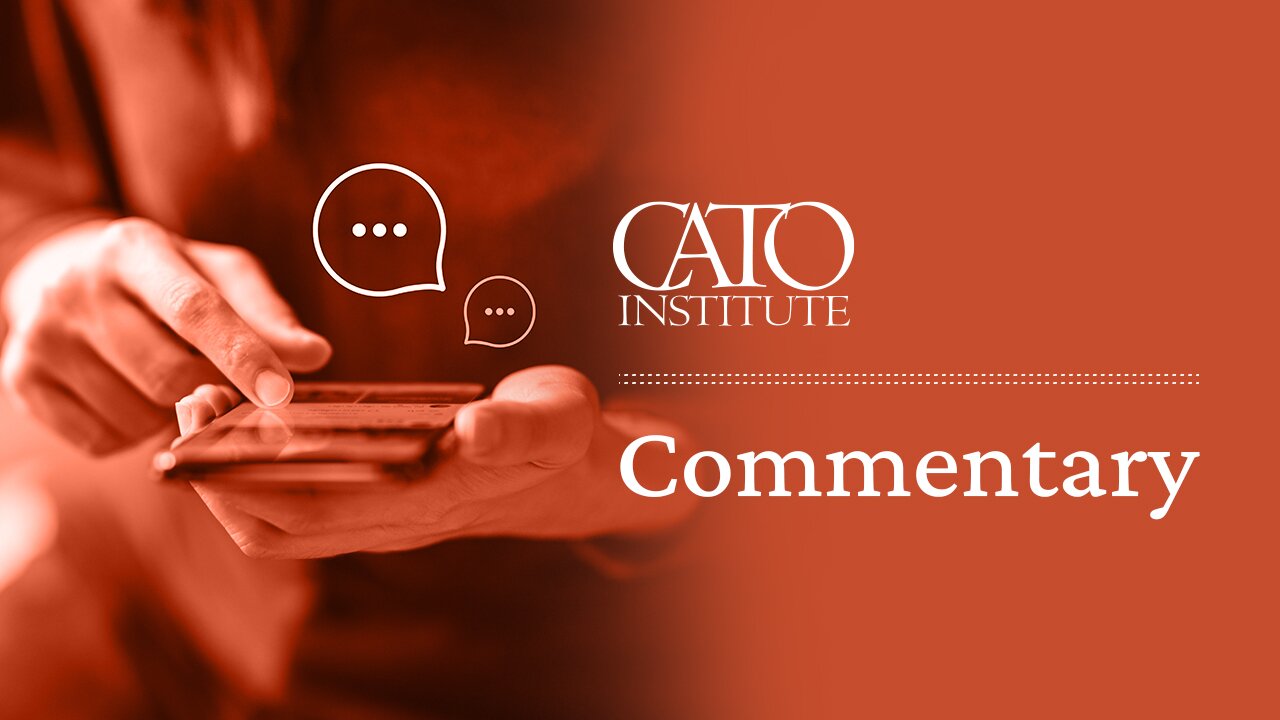
I have been a Realtor for over 45 years. We are forever on the front lines of defending Private Property Rights, the basis of our Freedom and Liberty.
Thanksgiving: The Story of America’s Experiment with Communism and Capitalism
By Kayleigh McEnany:
November 22, 2011 8:53 AM EST
We were all taught about the Pilgrims and Indians, but most of us do not know the real story of Thanksgiving -- the failure of communism and the triumph of capitalism.
Long before Karl Marx's Communist Manifesto, and the days of Vladimir Lenin and Leon Trotsky, the Pilgrims conducted a communist experiment that exposed the system's downfalls and led them to communism's natural antithesis and the economic system we extol today -- capitalism. The incomplete narrative we were told growing up went something like this:
In 1620, the Pilgrims boarded the Mayflower and set sail for the New World. According to their leader, Plymouth Governor William Bradford, they found "cold barren desolate wilderness" upon their arrival in November. The Pilgrims endured a long, cold, and deadly winter during which half of them perished. When spring arrived, the Indians taught the Pilgrims how to cultivate the land, thereby saving the new settlers.
More often than not, this is where the account ends. But this is not the whole story of Thanksgiving -- far from it. This was just the beginning.
Even though the Indians did, indeed, teach the Pilgrims to farm, fish, and hunt in the spring of 1621, the Pilgrims did not yet prosper. It would be three long years before the Pilgrims could thank God for their plenty. The
Pilgrims had the instructional manual right in front of them. They knew what to do, but could not do it. Why did it take them years to turn theory into practice? What was the impediment to their success? In hindsight, the answer is clear.
As Paul Harvey would say, and now the rest of the story:
After encountering losses in Jamestown, investors were loath to fund voyages to the New World. Any subsidized expedition would be accompanied by strict and unfavorable stipulations. For the Pilgrims, the condition was that all the wealth that they accrued would be "common wealth."
At the end of seven years, the colonists were to split all of their wealth equally with their investors in London. There would be no private property, since this might incentivize the colonists to toil harder on their own land rather than the common land. So, from 1620 to 1622, Plymouth was essentially a commune with all land and profits owned by the community as a whole.
The result of this communal style of living was disastrous. Death, starvation and disease ensued. The Pilgrims were "languish[ing] in mystery" in the words of Bradford. Although Plymouth was filled with "godly and sober men," he said the community fell victim to sloth, laziness, and the refusal to work.
Why? For the same reason communism never works; it's the free-rider effect. The few who break their backs working watch the fruits of their labor go to the lazy or the free-riders who latch onto their coattails without doing any of the work themselves.
Bradford found a solution to the Pilgrims' woes:
"At length, after much debate of things, the Governor... gave way that they should set corn every man for his own particular, and in that regard trust to themselves... And so assigned to every family a parcel of land, according to the proportion of their number." In short, property was privatized, and the colonists experienced "very good success."
Bradford acknowledged the folly of their previous ways: "The experience that we had in this common course and condition tried sundry years... that by taking away property, and bringing community into a common wealth, would make them happy and flourishing -- as if they were wiser than God."
Realizing that communism was not the answer, that each man can only appreciate the things he earns, the Pilgrims continued to privatize more and more over the years. In doing so, they wrote not just the story of Thanksgiving, but also the story of America.
Another source about Jamestown
Private Property Saved Jamestown, And With It, America




